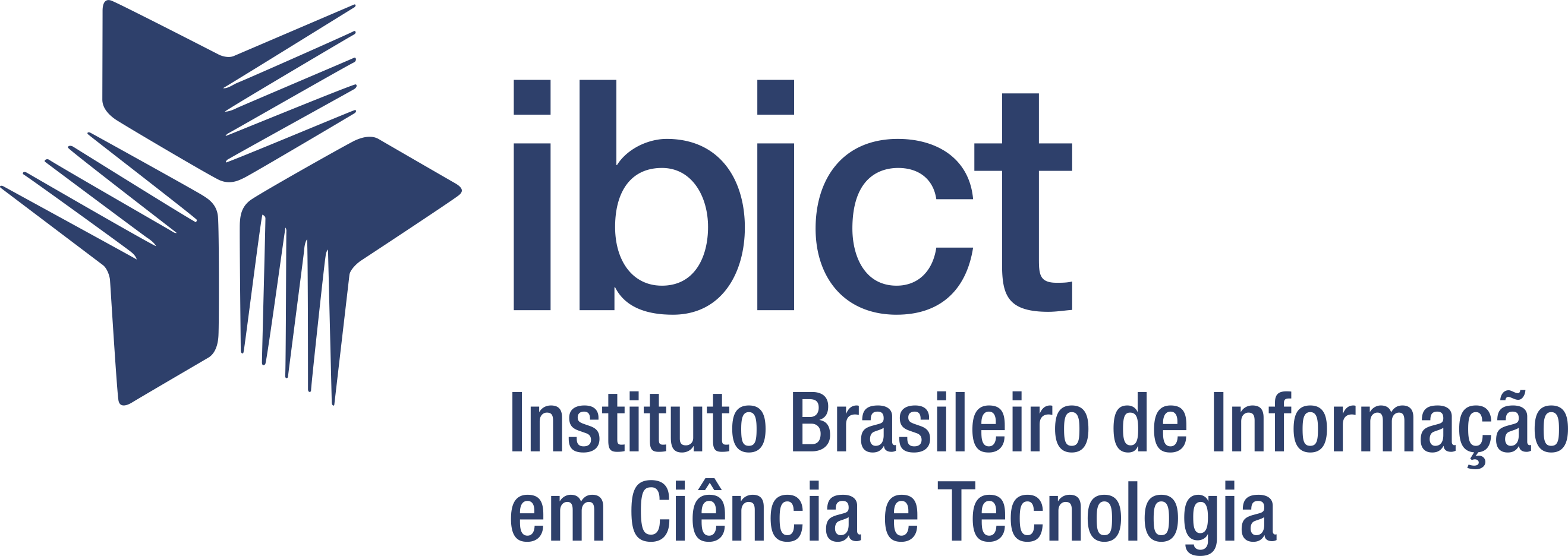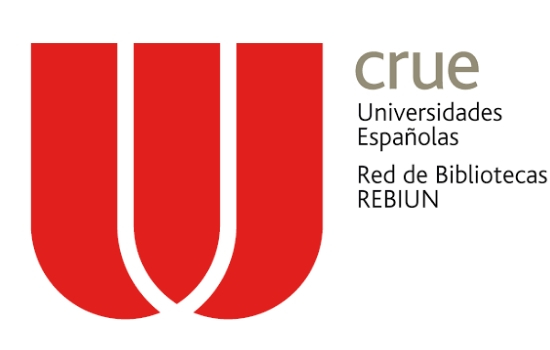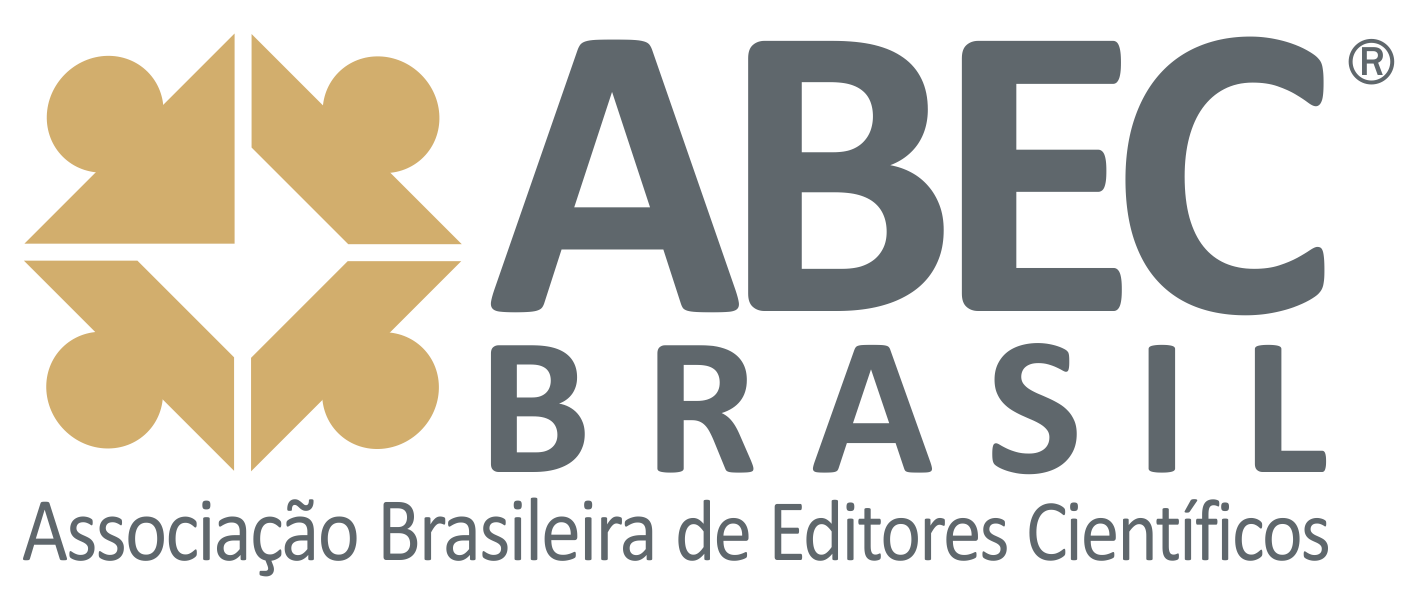IMPACT OF CERTIFICATION ON THE SUSTAINABLE USE OF NWFP1:LESSONS-LEARNT FROM THREE CASE STUDIES
Resumo
Although the development of and debate on forest certification currently focuses on wood products, certification is also relevant to nonwood forest products (NWFP). While discussions on NWFP certification have increased recently, the
applicability and impact of certification as a tool to promote the sustainable use of NWFP remains unclear and less debated.This paper aims at contributing to this discussion by
analysing the status of certification of three well-known NWFP using case studies from their main exporting countries: brazil nuts (Bertholletia excelsa) in Bolivia, sheabutter (Vitellaria
paradoxa) in Ghana and devil’s claw (Harpagophytum spp.) in
Namibia. For this purpose, the principle production systems and producers as well as the trade in and markets for the products have been investigated. In addition, the actual and potential use of forest management, organic, social and roduct
quality certification have been analysed. All three case studies have shown that trade in certified NWFP is still marginal compared to the trade of non-certified products.
Major challenges of NWFP certification include lack of market demand, high costs of certification system establishment and difficulties in establishing a monitoring system due to the dispersion of collectors. However, the case studies also highlighted benefits of certification such as the provision of
higher prices for producers and promotion of the stablishment of a functioning monitoring system. Positive influences on tenure rights and local empowerment were identified as possible additional benefits of certification but the examples show that other factors might emerge as more significant side benefits from NWFP certification. The environmental impact of certification on the exploitation of NWFP depends very much on the nature of the resource used.
applicability and impact of certification as a tool to promote the sustainable use of NWFP remains unclear and less debated.This paper aims at contributing to this discussion by
analysing the status of certification of three well-known NWFP using case studies from their main exporting countries: brazil nuts (Bertholletia excelsa) in Bolivia, sheabutter (Vitellaria
paradoxa) in Ghana and devil’s claw (Harpagophytum spp.) in
Namibia. For this purpose, the principle production systems and producers as well as the trade in and markets for the products have been investigated. In addition, the actual and potential use of forest management, organic, social and roduct
quality certification have been analysed. All three case studies have shown that trade in certified NWFP is still marginal compared to the trade of non-certified products.
Major challenges of NWFP certification include lack of market demand, high costs of certification system establishment and difficulties in establishing a monitoring system due to the dispersion of collectors. However, the case studies also highlighted benefits of certification such as the provision of
higher prices for producers and promotion of the stablishment of a functioning monitoring system. Positive influences on tenure rights and local empowerment were identified as possible additional benefits of certification but the examples show that other factors might emerge as more significant side benefits from NWFP certification. The environmental impact of certification on the exploitation of NWFP depends very much on the nature of the resource used.
Palavras-chave
Regional development, forest certification, non-wood forest products.

Este trabalho está licenciado sob uma Licença Creative Commons Attribution 3.0 .
Diretórios, Bases de Dados e Indexadores


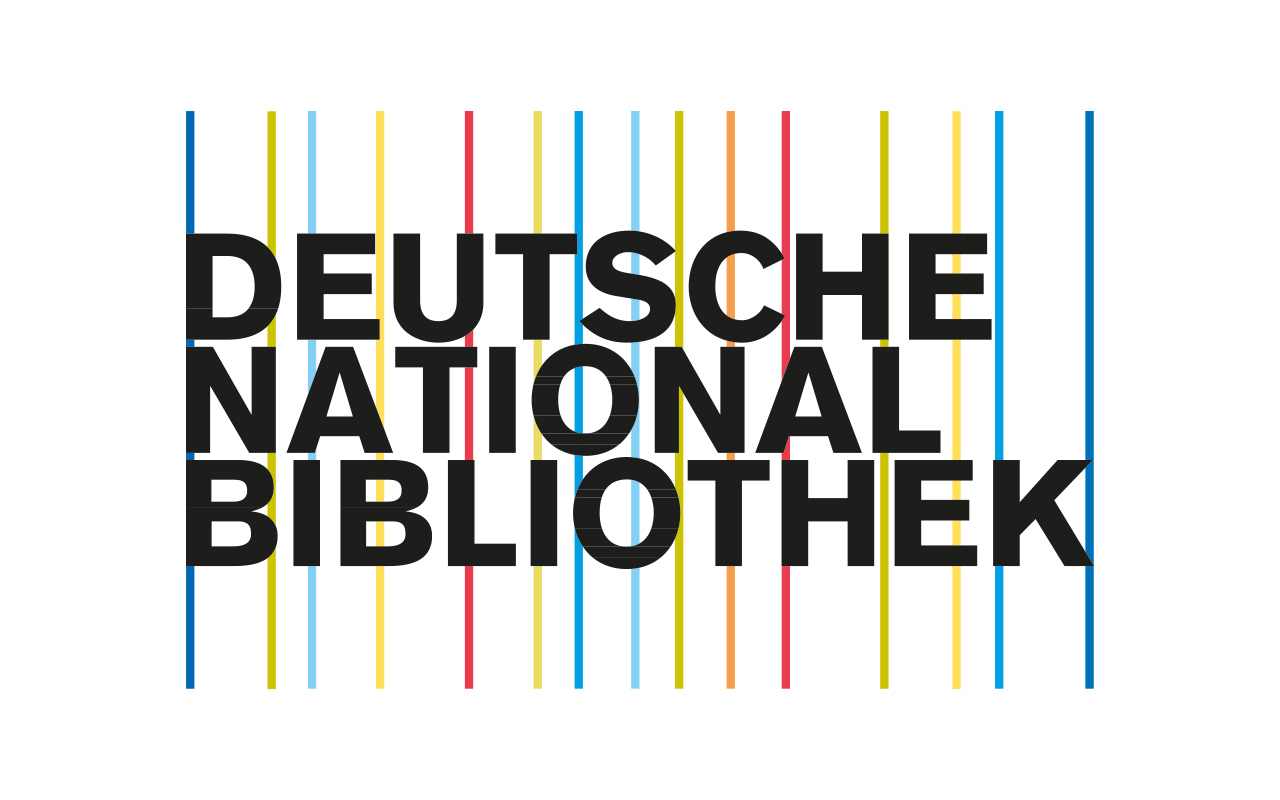
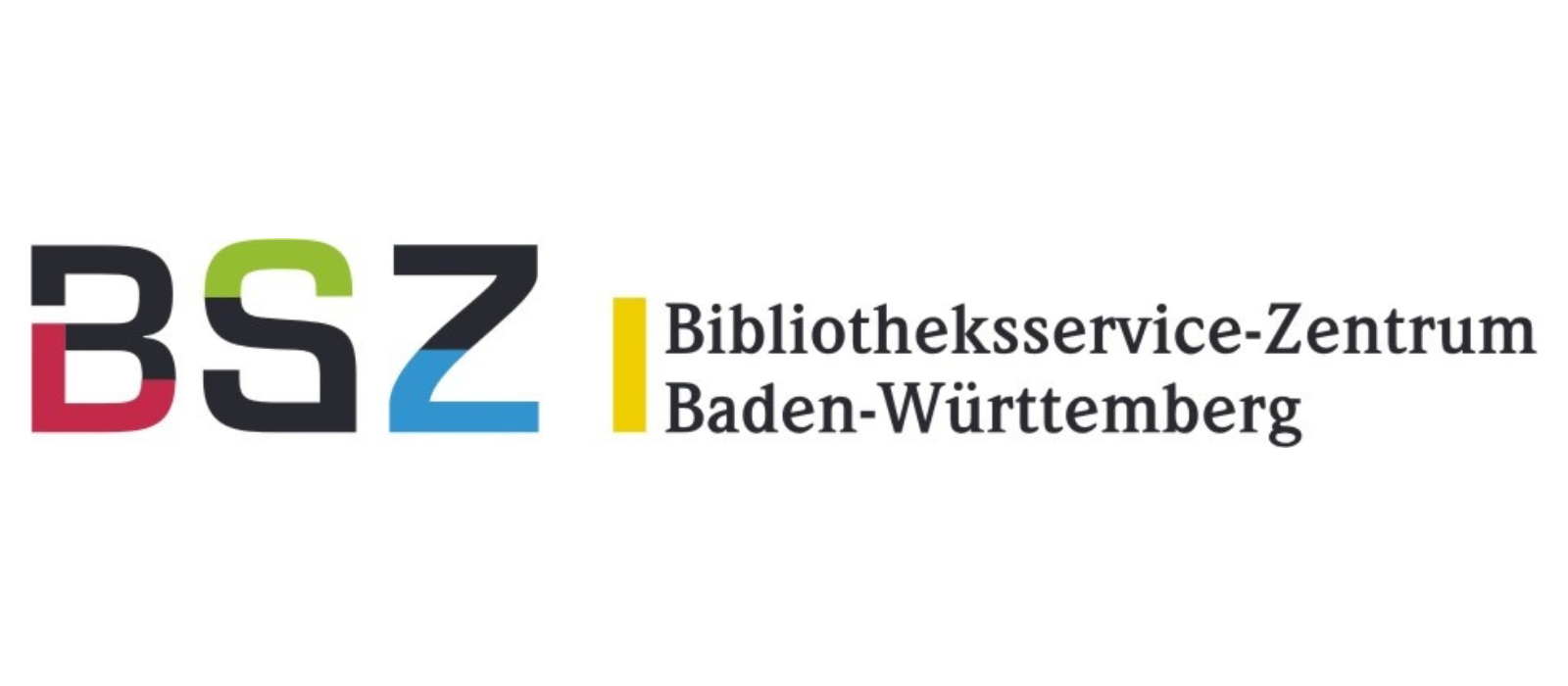
Associada
Indicador
Sistema de Preservação Digital
RDE – Revista de Desenvolvimento Econômico. ISSN impresso 1516-1684
ISSN eletrônico 2178-8022 (números publicados a partir de 2010)








